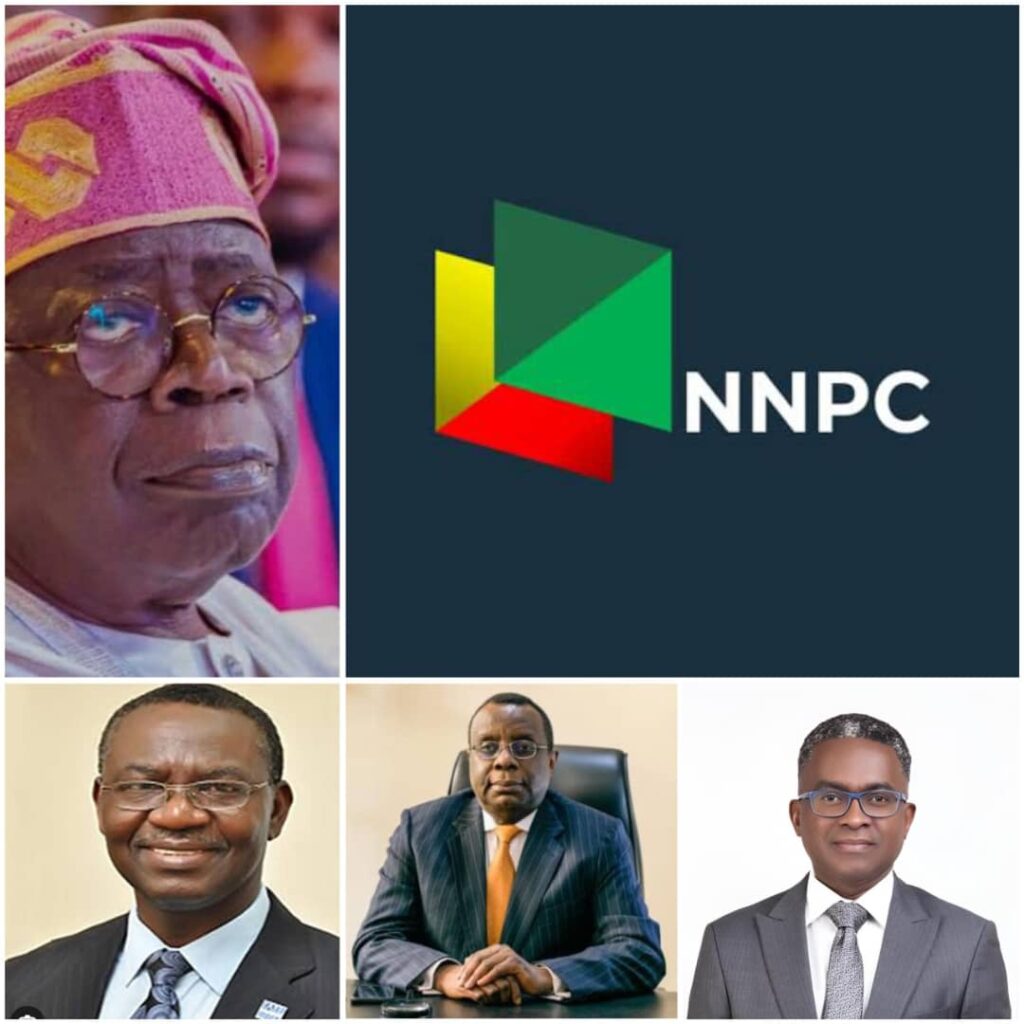…Back Ojulari to Rebuild NNPCL
Leading experts in Nigeria’s oil and gas industry have taken a swipe at successive governments for what they described as decades of systemic mismanagement, flawed economic policies, and political interference that have crippled the Nigerian National Petroleum Company Limited (NNPCL) and the nation’s oil sector at large.
The trio—Emeritus Professor of Petroleum Economics, Prof Wunmi Iledare; former NNPC Executive, Dr Timothy Okon; and Energy Consultant, Engr. Emeka Ene—agreed that a faulty governance structure imposed since the mid-1990s reduced NNPCL to a conduit for unsustainable policies and reckless depletion of oil revenues.
They made their submissions at the Boiling Point Arena, a public affairs programme hosted by Dr Ayo Arowojolu and aired across six radio stations in Lagos, Ogun and Delta States.
Speaking on the topic “Cleaning the Augean Stable: Can NNPC’s New Team Fix Nigeria’s Oil and Gas Sector?”, the discussants unanimously commended President Bola Tinubu’s appointment of a technically grounded leadership led by Mr Bayo Ojulari, but stressed the need to insulate the company from politics to facilitate its revival.
Prof Iledare traced the collapse of NNPC’s efficiency to a history of financial mismanagement and political meddling.
“Since 1995, NNPC’s governance structure was hijacked. Oil revenues were recklessly drained, and very little was reinvested into infrastructure or refinery maintenance. That’s how we arrived at this rot,” he said.
He noted that under the new Petroleum Industry Act (PIA), the NNPCL is now structured to operate as a commercial entity, free from ministerial pricing dictates and bureaucratic bottlenecks.
“President Tinubu has shown uncommon wisdom in choosing a competent team. But if Bayo Ojulari is not given a free hand, then we risk another cycle of failure. NNPCL must be allowed to function as a profit-driven entity, not as a political extension,” he added.
Dr Timothy Okon blamed the lingering crisis in the oil and gas sector on an outdated, dependency-based economic model that left Nigeria importing refined petroleum while exporting raw crude.
“NNPCL operated as a monopoly, pricing products to meet political goals rather than market realities. That model failed,” Okon said.
He hailed the PIA’s introduction of deregulation and competition, but warned that unless Nigeria shifts to an industrial policy that prioritizes local refining and value addition, oil will remain a liability.
“We’ve remained stuck in a colonial pattern—exporting raw materials and importing finished products. It’s time we processed what we produce,” he noted.
According to Engr. Emeka Ene, the problem with NNPC was never corruption or personnel incompetence but a structurally defective business model that made the company’s collapse inevitable.
“The model wasn’t just bad—it was unsustainable,” Ene declared. “The refineries were set up to run regardless of market realities. Crude was allocated and refined with no commercial logic. Over time, this flawed approach crushed the system.”
Ene emphasized that refineries operated under near-impossible conditions—poor funding, lack of spare parts, and an over-centralized revenue system that starved operations of capital.
“There was a complete disconnect between revenue generation and operational funding. Everything went to the Federation Account, and NNPC had to beg for budget releases. That’s no way to run a business,” he said.
The session was chaired by the Olowu of Owu Kingdom, Oba Prof Saka Matemilola, a former president of the Society of Petroleum Engineers, who also emphasized the need for structural reform and institutional independence in the oil sector.
Do you want to share a story with us? Do you want to advertise with us? Do you need publicity for a product, service, or event? Contact us on WhatsApp +2348183319097 Email: platformtimes@gmail.com
We are committed to impactful investigative journalism for human interest and social justice. Your donation will help us tell more stories. Kindly donate any amount HERE




